pinhole leak, repipe house?
5 years ago
Featured Answer
Sort by:Oldest
Comments (44)
- 5 years ago
Related Discussions
Copper or CPVC for Re-Pipe?
Comments (5)A test you can do at home is to batter a sample of regular CPVC and a sample of FlowGard Gold with a hammer while the samples are resting on a hard surface. The FlowGard Gold is very impressive in the punishment it can endure....See MoreCopper repipe or Pex repipe for 10 unit building?
Comments (7)The HOA is doing it and I'm on the HOA. The building was built in 1961 and it has galvanized water. I think we're going to share the meter. Not individual. This should keep it cheaper. My main concern at this time is how soon the system would degrade? Which would last longer PEX or Copper? Seems like scientists say PEX last long, but it's only been around in california for a few years. I've seen first hand copper corroding with pinhole leaks after just 20 years, but I don't know if that was just a fluke...See MoreePIPE vs re-pipe with copper/pex?
Comments (3)So... If I had access to pipes (such as doing a remodel) I would just replace them. It's easy, and completely resets the clock. If you have some corrosive issue then use PEX instead of copper. The thing is that there is a lot of discussion about chemical leaching, long-term effects of chlorine, physical wear (from water moving over it) with regard to both copper and PEX. Those issues have been determined at this point for copper and PEX... I don't know about epoxy. I would also think that some of the long-term effects are really dependent on the installers: Was it mixed properly, was it cleaned properly, etc. I'm not sure how it could get NSF certification with the variables on each installation. Also, how are repairs/modifications handled? If it wasn't accessible (slab), I might be more willing to consider it... but would really try to go with what has a long history of use instead....See MoreWater main leak section with 2 pinhole leaks (help!)
Comments (11)Pure water has a pH of 7.0. While there are numerous opinions about the cause of pin holes in copper pipe, most lean toward pH on the Acidic (<7.0) side. Generally high ph can tend toward coating the inside of piping systems with a tightly adherent oxide film that retards leaking. In my particular area, WSSC added an additive (orthophosphate as per the EPA) to their drinking water supply and actually did not change pH to reduce local pin holing. Pls provide a link to the article you claim you authored suggesting that a pH of 9 was causing pin hole leaks. BTW, I personally supervised the operation of distilling units that generated "pure water"... did this for years and years....See More- 5 years ago
- 5 years ago
- 5 years ago
- 5 years ago
- 5 years ago
- 5 years ago
- 5 years ago
- 5 years agolast modified: 5 years ago
- 5 years ago
- 5 years ago
- 5 years ago
- 5 years ago
- 5 years ago
- 5 years ago
- 5 years ago
- 5 years ago
- 5 years ago
- 5 years ago
- 5 years ago
- 5 years agolast modified: 5 years ago
- 5 years ago
- 5 years ago
- 5 years ago
- 5 years ago
- 5 years agolast modified: 5 years ago
- 5 years ago
- 5 years ago
- 5 years ago
- 5 years ago
- 5 years ago
- 5 years ago
Related Stories

REMODELING GUIDESThe Dos and Don'ts of Home Appraisal
Selling your house? These tips from the pros will help you get the best possible appraisal
Full Story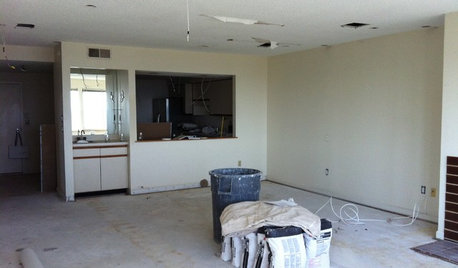
DISASTER PREP & RECOVERYRemodeling After Water Damage: Tips From a Homeowner Who Did It
Learn the crucial steps and coping mechanisms that can help when flooding strikes your home
Full Story
GREAT HOME PROJECTSHow to Switch to a Tankless Water Heater
New project for a new year: Swap your conventional heater for an energy-saving model — and don’t be fooled by misinformation
Full Story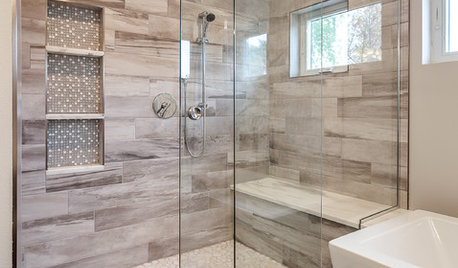
BATHROOM DESIGN10 Things to Consider Before Remodeling Your Bathroom
A designer shares her tips for your bathroom renovation
Full Story
KITCHEN CABINETSPainted vs. Stained Kitchen Cabinets
Wondering whether to go for natural wood or a painted finish for your cabinets? These pros and cons can help
Full Story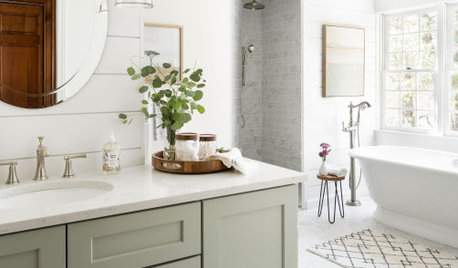
BATHROOM DESIGN14 Design Tips to Know Before Remodeling Your Bathroom
Learn a few tried and true design tricks to prevent headaches during your next bathroom project
Full Story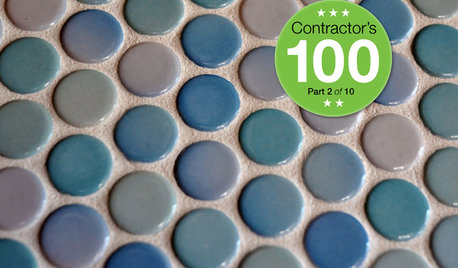
CONTRACTOR TIPSContractor Tips: How to Shop for Your Remodel
Small mistakes in buying remodeling materials can add up to huge cost overruns. Here's how to get things right the first time
Full Story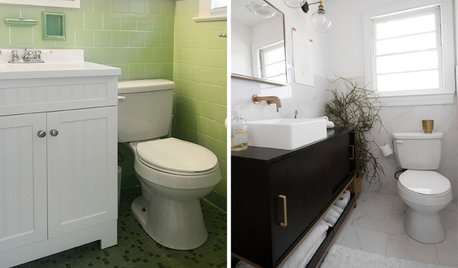
BATHROOM MAKEOVERSGet Ideas From This Budget-Friendly Black-and-White Bath
Hands-on homeowners in South Carolina add a shower to their pastel green bathroom for $4,300
Full Story


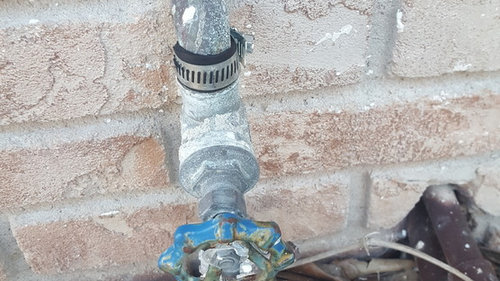



Jake The Wonderdog